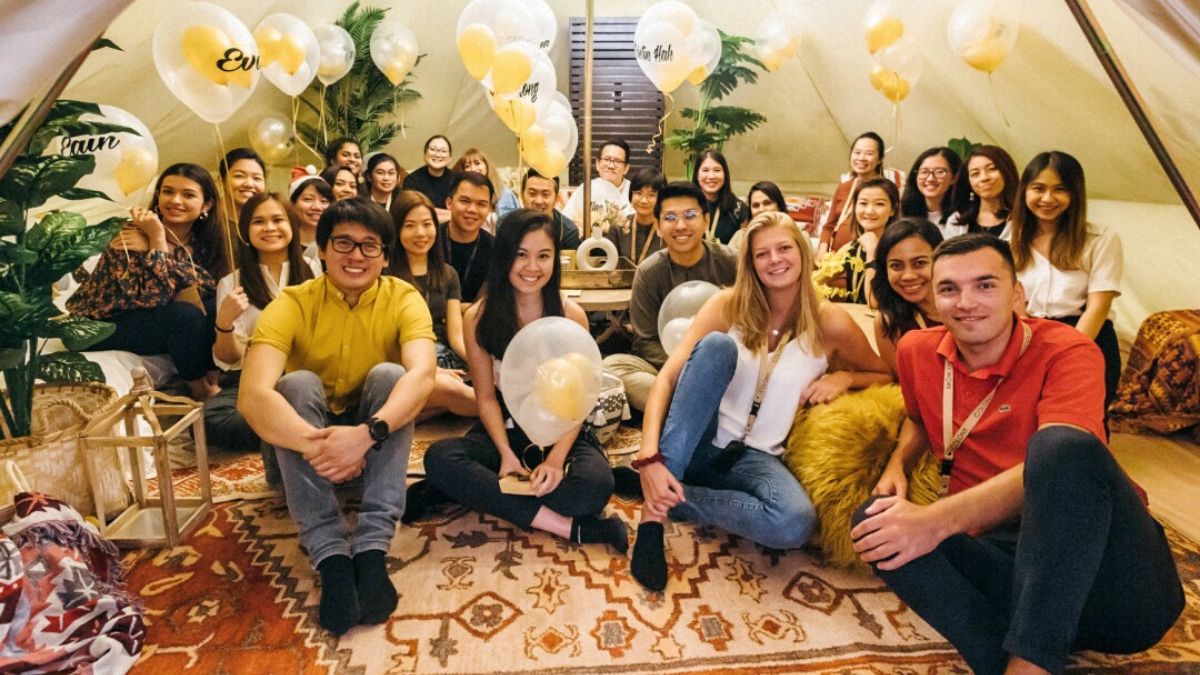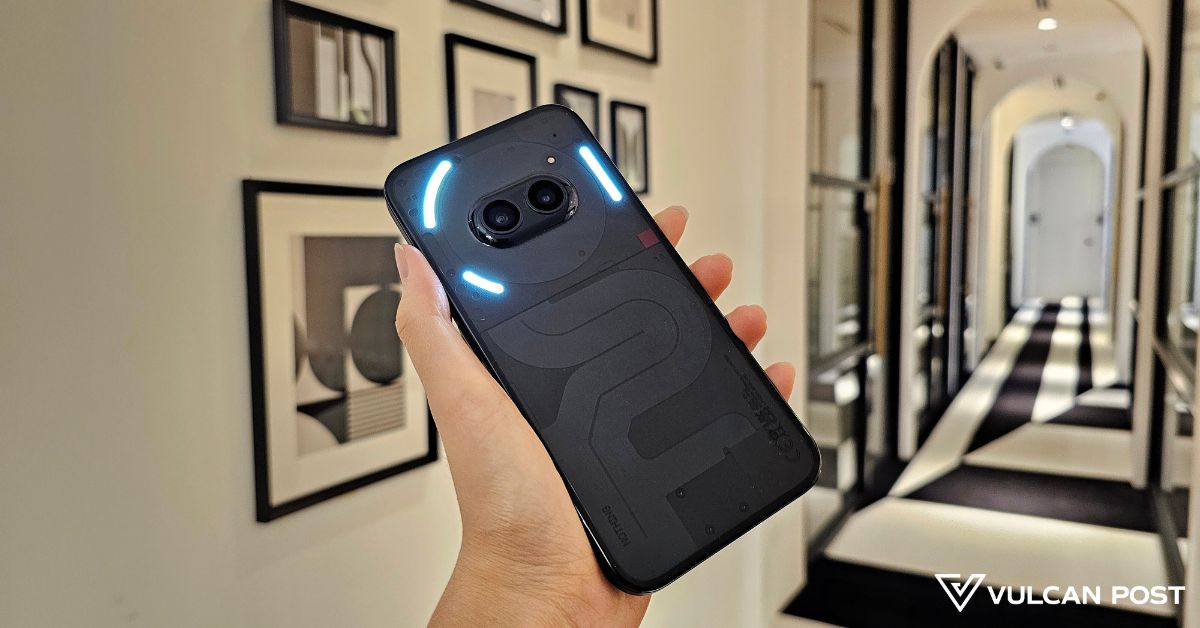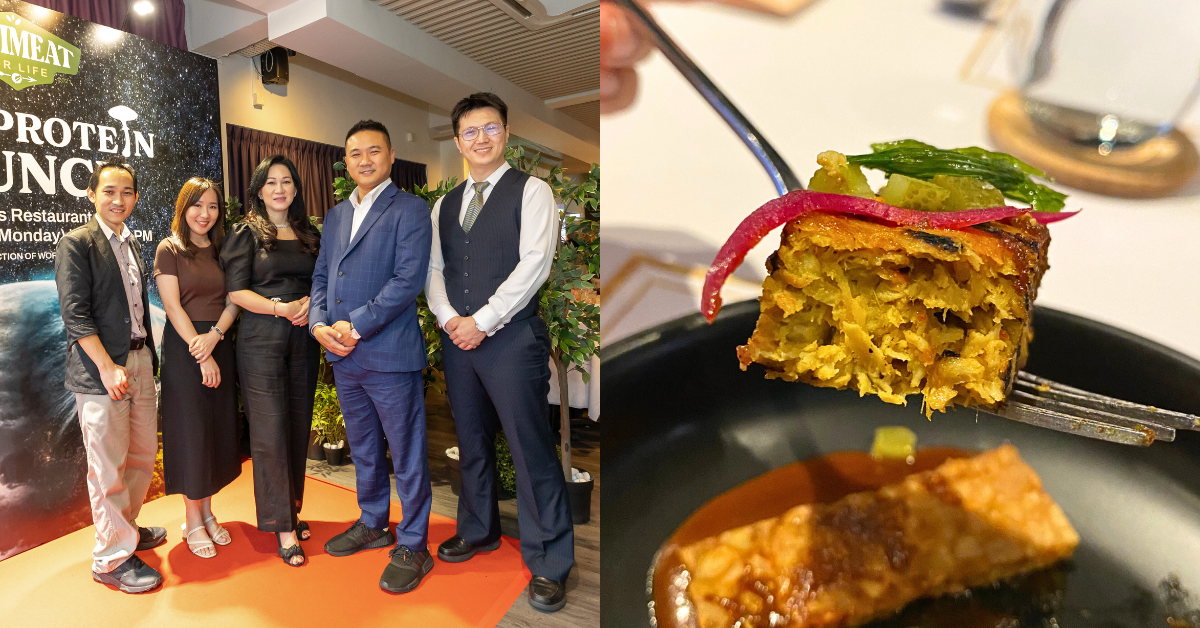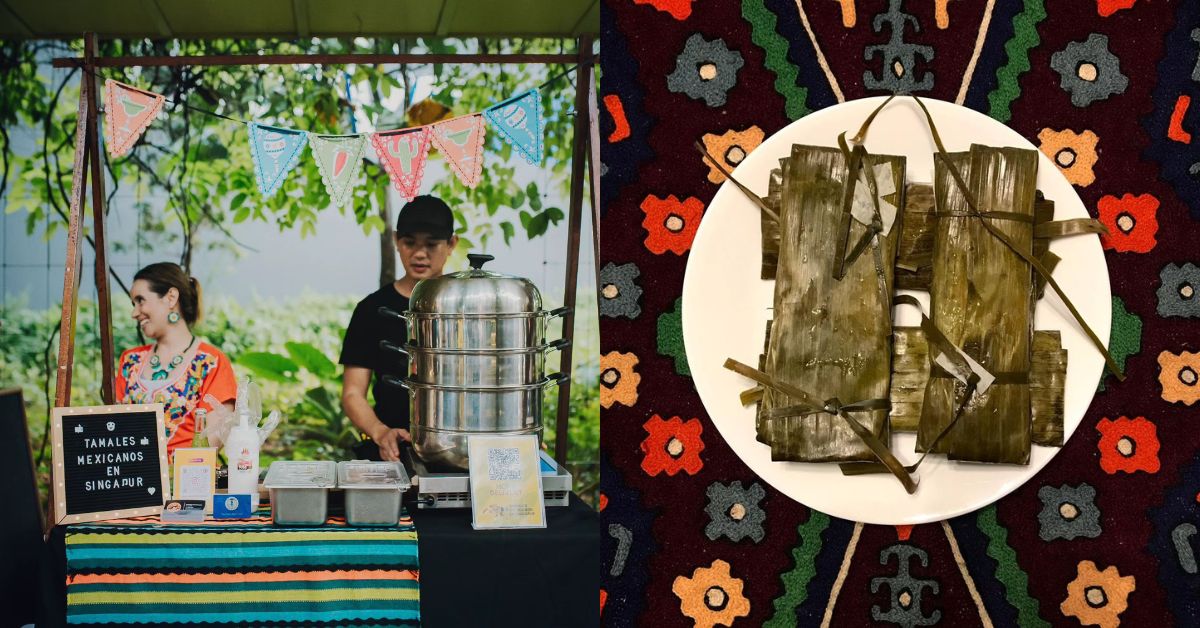Author’s Blurb: I’ve been getting a lot of questions from business leaders about how to prepare or manage what could be the largest economic recession in our generation. My answer to that is that I don’t know, but I can tell you what I did.
All of us are now going through what could possibly turn out to be the largest economic recession of our generation. We’re going to be pulled at all directions now, struggling to balance the welfare of our employees, vendors and our own survival of the company.
There aren’t any easy answers. Only hard ones and harder ones.
We started feeling the effects of COVID-19 on our business as early as February. About a third of Colony’s core revenues come from rentals of our Event Spaces, and by February we were getting cancellations on our events citing fears of the virus.
It was soon clear that our event revenues were fast disintegrating and that the economic impact of COVID-19 would eventually hit the remaining 66% of our office and coworking revenue.
In February we saw our group profits plunge by over 60% compared to January and with revenues fast declining, I knew we would start losing money by March until this thing blew over.
Seeing business decline is a very emotional thing for an entrepreneur. We’re the same kind of people who can’t relate when people say things like “It’s just business, it’s not personal”.
To us, business IS personal.
So I knew with this impending decline, I was about to go through a range of emotions that would potentially impede my ability to make good decisions that will result in us coming out this downturn healthier than ever.
To do this, I needed to have a plan. A plan that outlined exactly what we would do if we lost X amount of money, and what we would do if we lost even more than X.
The Uncomfortable Plan
By the first week of March I called together a meeting with our team leaders in Colony. The purpose of it was to come up with this plan.
In this meeting we modeled how much the company would lose if revenues dropped to different levels. Then we worked out two alert levels.
One Amber (if the company lost RM40K a month for two months) and one Red (If we lost over RM100K a month for 3 months). If any of these alerts were triggered, we would automatically make these cuts.
The uncomfortable part of this plan was what those cuts had to be. Things like marketing or non-essential costs are easy to cut, but staff costs are much harder.
So we laid out our priorities.
1) We knew that we could not cut any costs that would affect the quality of the product we delivered.
Colony is known for its quality and hospitality. We spend more on basic stuff like chairs and our teams are empowered with budgets to spend on our guests be it buying them a travel adapter if they need one, to buying takeaway dinner for them if they’re working late.
We protected these budgets because we knew if we started to compromise the quality of our product, we will end up in a downward spiral.
On top of that we empathised with our own guests. We knew that they too would feel the brunt of this economic impact and may run into some cashflow issues. So we made a decision to extend payment terms for all our guests by almost a month.
2) We knew that we couldn’t squeeze everything out of our vendors.
At Colony we work with a number of vendors from cleaning companies, IT infrastructure maintenance to design and build work. The quality of our product often depends on the quality of our vendors so we need to take care of them too.
We negotiate competitive rates with our vendors but there is a limit on how much we can push before they too may have to start compromising on the quality of the product.
One thing we’re fortunate with is Colony has a strong net cash position and no debt. So we decided to use that to our advantage.
We came up with a scheme where we offered to prepay our vendors 3-6 months of work in advance if they could offer us a discount. They didn’t have to take it of course but if they did, it would be a win-win. They get upfront cash they need and we get to lower our cost.
3) We had to protect the team.
I have this strong belief that if I take care of the team, the team will take care of our customers and the customers will take care of our shareholders.
So we needed to provide job security for the team but also be honest enough to admit if shit really hits the fan, we may have to make some cuts too.
So in line with our priorities we put any possibility of cutting employee costs in Red Alert (when shit really is hitting the fan). We would have to cut 20% of our staff costs which includes myself and Audrey taking a 50% pay cut and our GM Nitaya taking a 25% pay cut.
I believe that if we have to cut anyone in the team, the leaders of the company should feel the pain too.
With these priorities in mind, we made plans to reduce whatever costs we could from marketing to utilities to rental. I went to have humbling conversations with our landlords to politely ask for some rental relief during this difficult time.
I’m blessed in a way that my ego doesn’t impede me from asking for things like that considering I prefer to do these things myself. (It’s a personal thing for me but whenever I have to let go of someone I hired or ask a landlord for rental relief, I prefer to try to do it myself so I can feel first-hand the pain that someone else feels when I take something away.)
We haven’t heard back from our landlords yet but I also understand their constraints since they probably have bank loans and other costs of their own to service.
At the end of this meeting we came out exhausted but nevertheless with a plan. I call it the “Uncomfortable Plan” because it involves doing things in the future that nobody would like to do, but we may have to do.
After we had the plan ready though we debated on whether we should share this with the team. Would it create fear among the team? Should I as a leader be telling them the truth, or give them hope even if the future was uncertain?
I decided to be radically transparent with the team. Even if we don’t address it publicly, the team would know.
They can see how the economy is being affected, they can see their friends in other companies being laid off or put on unpaid leave and even internally they can see that our normally busy event spaces are now empty.
I had to treat them with trust and respect, and doing so meant telling them the truth. So we called a briefing with the team where we shared where our financials stood at the moment and what the plan was. I was honest in telling them that if we hit the “Red Alert” portion we would have to make a 20% cut to our staff cost.
I shared exactly how much money we had in the bank and that even under Red Alert we still had years of runway, but our job as a high performing team wasn’t to be complacent but to make money in good times or lose as little of it as possible during the bad times.
I explained how we will track our financial performance together as a team each month and if a job cut is coming, they would be able to see it in the horizon. Everyone is going to be in the driver seat with me.
At the end of my presentation I took turns to ask each of my colleagues what they thought. They felt the same way I did: “Relieved”. I was correct to assume that some of them were worried about their job security, but now that they’re in the driver’s seat they will know when it’s coming and they know what they can do to change our course.
Personally while my stress levels are elevated these past few weeks, I’m excited about the challenges that lie ahead. I’ve always believed that Colony has a very high performing team. This is our chance to prove it.
Timothy is the co-founder of Colony, a brand of luxury coworking spaces in KL. This article is syndicated with permission from the author and was originally posted on LinkedIn.









